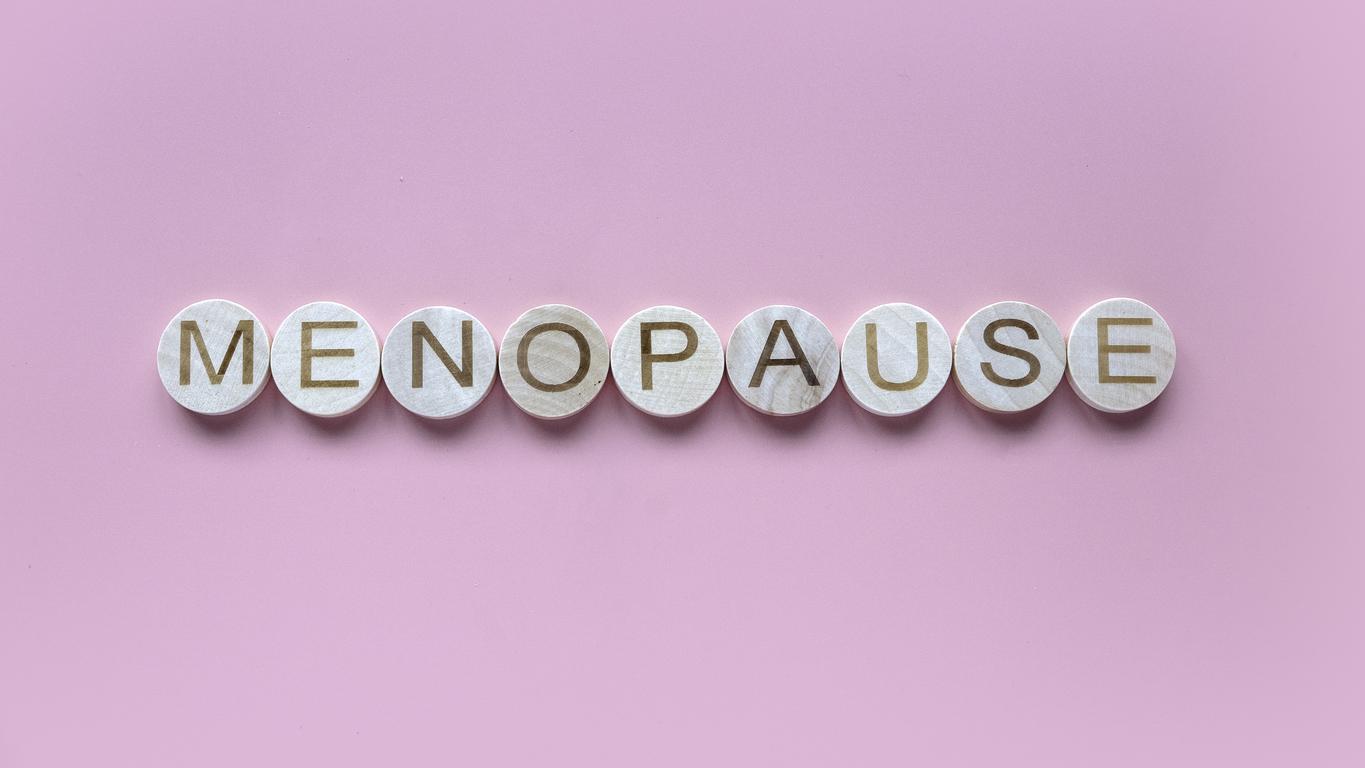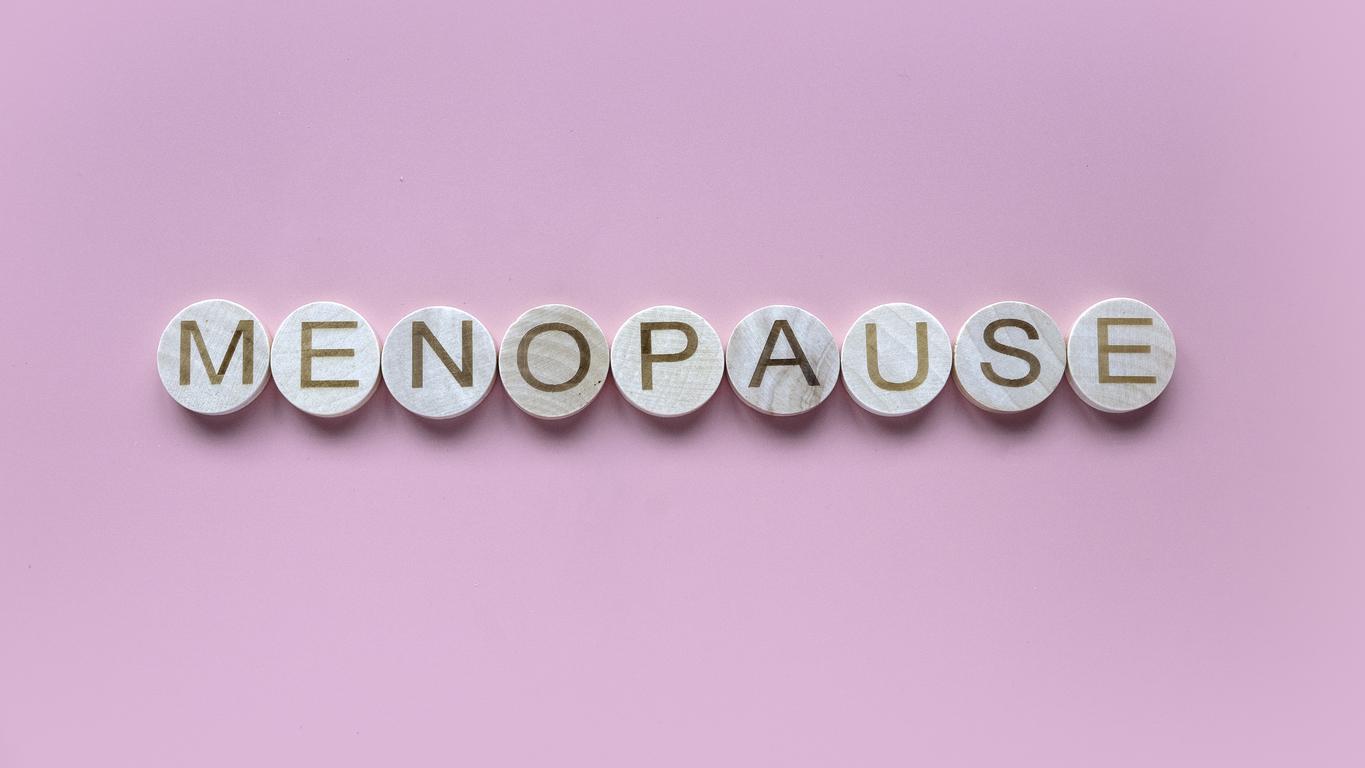Hormone replacement therapy during menopause would reduce body fat, and in particular belly fat, according to the results of a recent Swiss cohort study.

Researchers have shown in a recent cohort study carried out in Switzerland in Lausanne (“OsteoLaus”), that postmenopausal hormone replacement therapy reduces abdominal adipose tissue and lowers BMI.
Their results are published in the Journal of Clinical Endocrinology & Metabolism March 27, 2018.
The effect of hormone therapy on body composition
Usually after menopause there is an increase in overall fat mass and adipose tissue in the belly (visceral fat), while bone density decreases. There is controversy over the ability of postmenopausal hormone therapy to reverse these abnormalities in fat distribution.
The OsteoLaus study aimed to assess the effect of hormone replacement therapy on body fat, visceral adipose tissue and lean body mass. To do this, the researchers analyzed the body composition of 1,086 women aged 50 to 80.
Reduction of visceral fat
They found that women were less likely to accumulate belly fat when they took hormone therapy. However, this fat is special because it is located in the belly: in the abdominal adipose tissue and in the organs. Visceral fat is the most damaging for cardiovascular health. The researchers specify, however, that the effect wears off quickly when hormone therapy is stopped.
RT Menopausal women who are on this treatment are less likely to gain dangerous belly fat: https://t.co/mcqw0aDs98 pic.twitter.com/E9igx1vKb9 via EverydayHealth #health #well
– ALLWellnessGuide (@AllWellGuide) March 29, 2018
Women who stop their hormonal therapy are therefore advised to be vigilant and increase their physical activity to avoid any weight gain.

.















